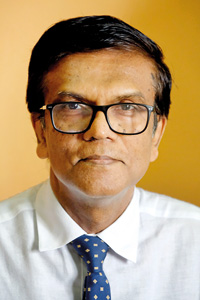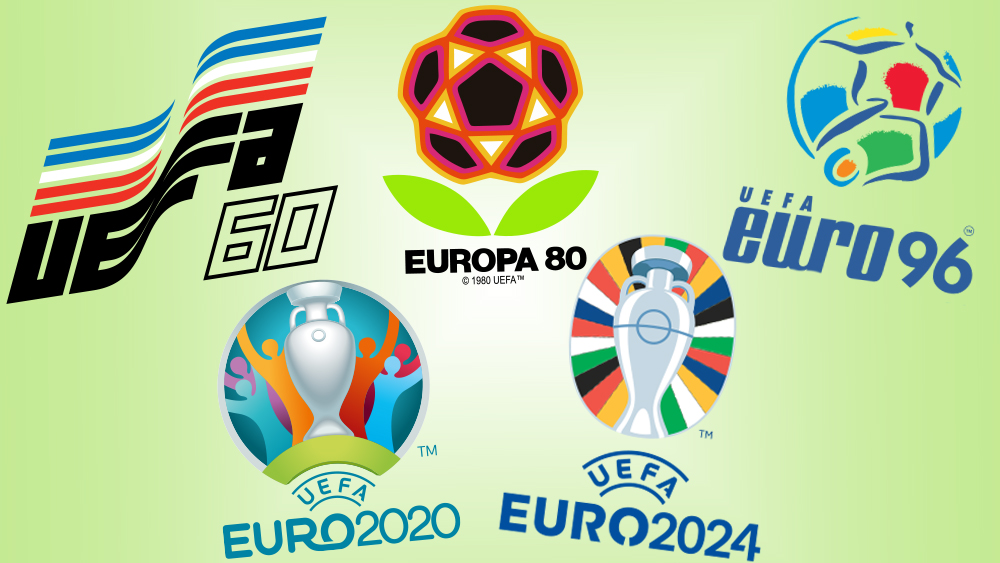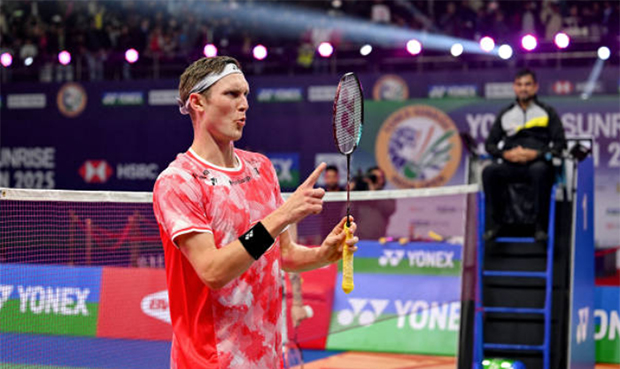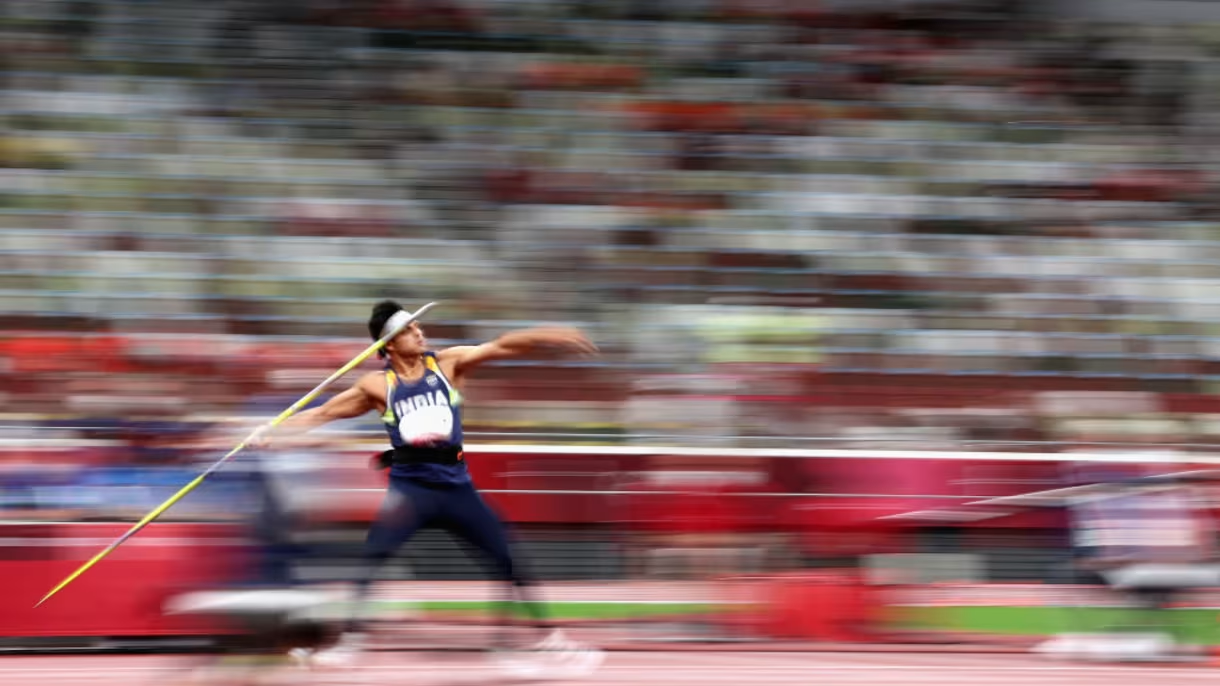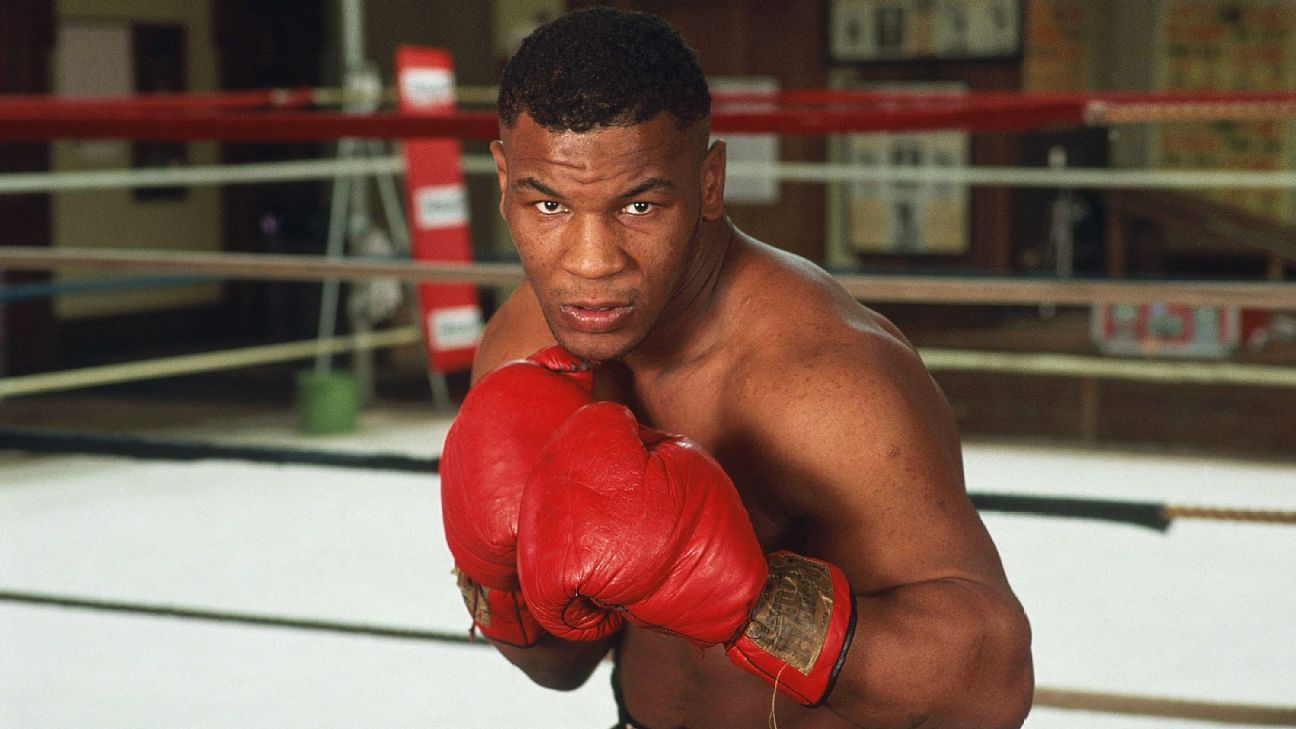amicitaacademy.com – The UEFA European Championship, commonly known as the Euro Cup, is one of the most prestigious tournaments in international football. Held every four years, it showcases the continent’s best teams competing for glory. With its rich history, captivating matches, and passionate fanbases, the Euro Cup remains a defining event in the football calendar.
History and Evolution
The tournament was first held in 1960 under the name “European Nations Cup,” with the Soviet Union emerging as the inaugural champions. Since then, the competition has grown in stature and scope. In 1968, the competition was renamed the UEFA European Championship, and its format expanded over the years. Initially, only four teams participated in the final stage, but by the 1980s, the competition grew to include eight teams. In the 1996 edition, the tournament expanded again to 16 teams, and since 2016, it has included 24 teams, reflecting the increasing depth of football talent across Europe.
The Format
The Euro Cup typically follows a multi-stage format, beginning with a qualification phase that spans several years, where teams compete in group stages and knockout rounds. The best teams from these qualifiers earn a spot in the final tournament, which features group stages followed by knockout rounds, including the Round of 16, quarterfinals, semifinals, and the grand final. The final match is often a thrilling contest where the champions of Europe are crowned.
Famous Moments and Players
Over the years, the Euro Cup has produced countless iconic moments that have become etched in footballing folklore. From Marco van Basten’s stunning volley in the 1988 final to the dramatic penalty shootout victories, the tournament has offered excitement at every turn.
Notable players who have shone on the Euro stage include Michel Platini (France), Zinedine Zidane (France), Cristiano Ronaldo (Portugal), and Gianluigi Buffon (Italy). Each of these superstars has left a mark on the tournament, either by leading their teams to victory or delivering unforgettable performances.
The Most Successful Nations
Germany and Spain stand out as two of the most successful nations in the history of the European Championship. Germany has won the tournament three times (1972, 1980, 1996), while Spain has claimed the title twice (1964, 2008, and 2012). Other notable champions include France, who won the title in 1984 and 2000, and the Netherlands, who claimed their first and only title in 1988.
Euro 2020: A Pandemic-Delayed Tournament
The 2020 edition of the UEFA European Championship was supposed to be a celebration of football across multiple cities in Europe. However, the COVID-19 pandemic forced a one-year delay. The tournament eventually took place in 2021, with Italy winning their second title after a dramatic penalty shootout victory over England in the final at Wembley Stadium. Euro 2020 was memorable for its emotional highs and lows, including the dramatic collapse of Danish player Christian Eriksen and the inspiring recovery of both the player and the tournament itself.
Looking Ahead: Euro 2024
The next chapter in the Euro Cup saga will take place in 2024, when Germany will host the tournament. With a competitive field and many teams brimming with talent, fans eagerly await the tournament to see which country will emerge victorious. With stars like Kylian Mbappé (France), Harry Kane (England), and Robert Lewandowski (Poland) expected to be in the spotlight, Euro 2024 promises to be another exciting chapter in the tournament’s history.
Conclusion
The UEFA European Championship is more than just a football tournament; it is a celebration of European footballing culture, history, and passion. From its humble beginnings in the 1960s to its status as a global footballing event, the Euro Cup continues to captivate fans worldwide, offering unforgettable moments that live long in the memory. As we look forward to Euro 2024, it is clear that the legacy of this competition will continue to thrive for years to come

